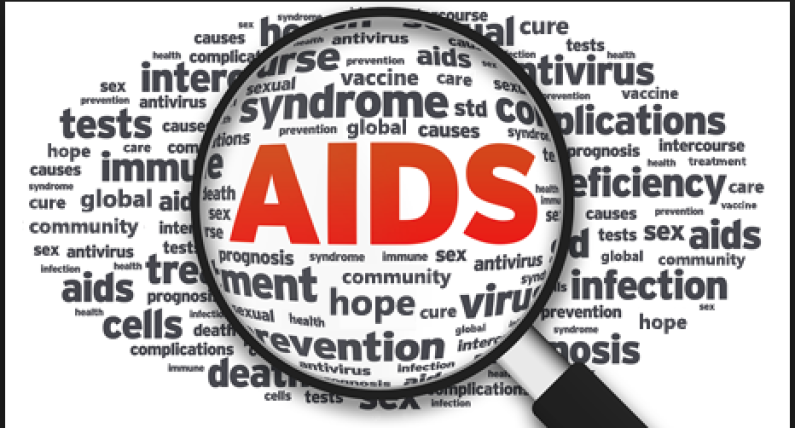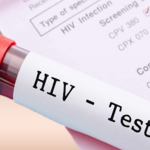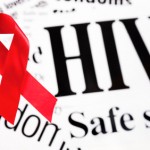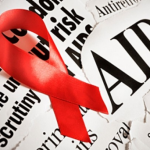
(Barbados Today) After a decade of decline, the prevalence of HIV/AIDS in Barbados and the Caribbean is on the rise again, according to a top regional health official.
Quoting from the 2016 UNAIDS report, the United Nations Special Envoy on HIV to the Caribbean Dr Edward Greene, in a recent sobering revelation, reported that the region had seen a nine per cent increase in new infections, placing it second only to Eastern Europe and Central Asia.
A large percentage of the increases occurred in Cuba and Jamaica, the UN official told an awards ceremony of the Caribbean Broadcast Media Partnership at the Hilton Barbados Resort.
“The alarm is mainly due to the fact that progress in stopping the new infections has stalled among adults and increasing among older age groups in some countries,”
Dr Greene said.
He said the rates varied from a high of 1.8 per cent of persons living with HIV in Haiti, and 1.6 per cent in Jamaica, to under one per cent in Barbados and the Organization of Eastern Caribbean States.
Cuba, he said, had the highest coverage with 67 per cent, while Jamaica was at the lowest end with 32 per cent.
Dr Greene said an estimated two out of every five people in the region do not know their HIV status, and less than 50 per cent of people living with the virus receive treatment.
Despite those concerns he said there have been several successes over the years, including reducing the number of people living with HIV from 450,000 in 2005 to 285,000 in 2015.
Dr Greene also pointed to a 40-60 per cent reduction in HIV/AIDS-related deaths, and an increase in the number of HIV patients receiving treatment from under ten per cent to almost 50 per cent.
However he listed several other factors that could erode the gains made so far in the Caribbean.
“Complacency, for whatever reason, reduced donor funding for treatment, or fall off in government support, including stock outs of drugs, or lack of adherence to treatment by individuals can lead to serious reversals of the gains already made, with implications for our economies,” he warned.
He told the audience that until an HIV vaccine is discovered there is need to sustain a life cycle approach to ending the AIDS epidemic, making reference to a UN programme targeting young people: Start Free, Stay Free and Remain AIDS Free.
“On the 20th HIV World Vaccination Day last week, UNAIDS called for continued research to find a vaccine for AIDS. This would be the key to reaching populations most affected. According to the UNAIDS release, new infections remain stubbornly high. Every year for the past ten years, 1.9 million adults and 150,000 children become infected with the virus. Even if 90% reduction is achieved by 2030 there will still be around 200,000 new infections annually,” Dr Greene said.
Another area that needed to be addressed, he stated, was sustainable funding for HIV/AIDS prevention programmes. The Caribbean is concerned that concessional funding to the region is being reduced, due to the middle income status of most countries.
However, Dr Green stressed that there was need for “a vigorous political discussion” on how to make funding for HIV sustainable and predictable. According to him, attention must be paid to integrated health priorities identified in the 2030 Sustainable Development Goals.
The health official tabled a recommendation from University of the West Indies professor Karl Theodore for a US$1 tax on airline tickets to go toward a health equity fund as a means of closing the HIV/AIDS funding gap for the Caribbean.
“Funding alternatives must be found to deal with the increasing cost of treatment especially due to the fact that persons living with HIV are living longer and must move to more expensive second and third line treatment,” he cautioned.
He added that by 2020, almost all Caribbean countries, with the exception of Haiti and Jamaica , as well as the South American country of Brazil, would transition from funding by the President’s Emergency Plan for AIDS Relief (PEPFAR), and subsequently from the Global Fund to fight AIDS, Tuberculosis and Malaria.
Dr Greene recommended three solutions to this dilemma: innovations in regional health systems; investment in prevention programmes; and placing emphasis on the vulnerable key groups of women, girls and youth.











You must be logged in to post a comment Login